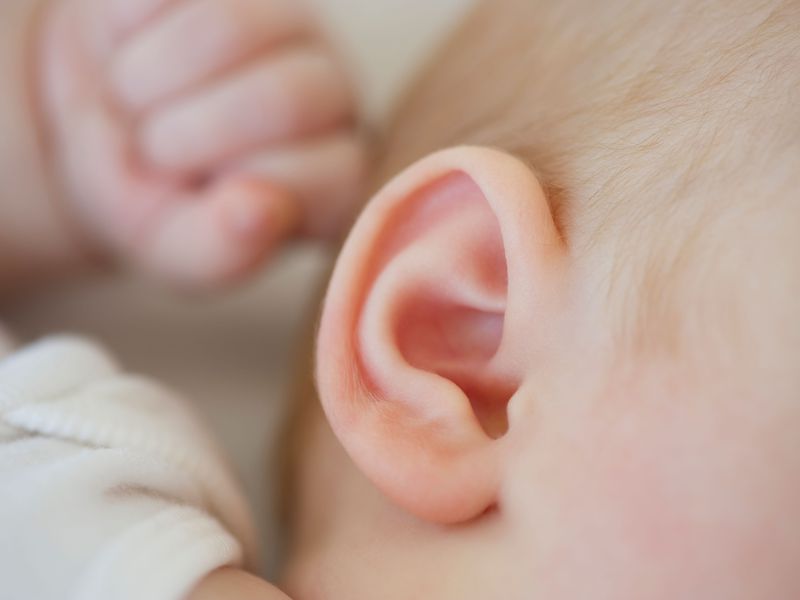SHARES

Hearing loss refers to partial or total inability to hear. This loss can affect one or both ears, with severity ranging from mild to severe. When someone has disabling hearing loss, it means that there is loss of hearing in the better ear of more than 40 decibels (dB) in adult and 30 dB in children.
Negative consequences result when your hearing is impaired. For instance, hearing loss in childhood impedes speech and language development, which limits educational and vocational attainment of the child. Meanwhile, an adult with disabling hearing impairment suffers from emotional, social and economic implications.
World Health Organization (WHO) reported that more than 5% of the world’s population – or 466 million people – has disabling hearing loss, affecting 432 million adults and 34 million children. While there are many causes to hearing loss, it is important to understand that up to 60 % of childhood hearing loss can be prevented.
Causes of Acquired Hearing Loss
Acquired hearing loss appears after birth. It can affect anyone, regardless of age. Nevertheless, preventable causes of childhood hearing loss include:
- Infections, such as mumps, measles, rubella, meningitis, cytomegalovirus infections, and chronic otitis media (31%)
- Birth complications, such as birth asphyxia, low birth weight, prematurity, and jaundice (17%)
- Use of *medications that are toxic to the ears in expecting mothers and babies (4%)
- Others, such as injury, loud noises or blockage in ear canal (8%)
*Medications which may cause hearing damage include certain antibiotics (gentamycin, tobramycin and erythromycin group), painkillers, anti-anxiety and anti-depression drugs, antimalarial medications, anti-cancer drugs, and blood pressure controlling medications as well as certain diuretics.
Preventing Acquired Hearing Loss in Children
You can take these measures to prevent hearing loss in the next generation:
- Screen children for otitis media (inflammation of the inner ear)
- Refer infants at high risk for early assessment of hearing
- Immunise children against childhood diseases, including measles, meningitis, rubella and mumps
- Immunise adolescent girls and women against rubella before pregnancy
- Prevent cytomegalovirus, a common herpes infection, in expectant mothers through good hygiene
- Screen for and treat syphilis and other infections in pregnant women
- Avoid use of medications toxic to hearing, unless prescribed and monitored by a qualified physician
- Maintain healthy ear care practices eg keep ears dry, stop using cotton swabs in your ears, manage stress
- Reduce exposure to loud sounds, eg listening to loud music for prolonged periods
- Use personal protective devices, such as earplugs and noise-cancelling earphones and headphones around loud noises eg Army artillery training, noisy work environment, or in clubs and during concerts.
Conclusion
Hearing loss can impair the quality of life and learning development of a child. Hence, preventive strategies should be taken to minimise the risk of hearing loss.
Find an audiologist or GP/Family Doctor in Malaysia, on GetDoc
Find an audiologist or GP/Family Doctor in Singapore, on GetDoc
by Joanne Lee
Multipotentialite. Loves creating and seeing ideas come alive. View all articles by Joanne Lee.





